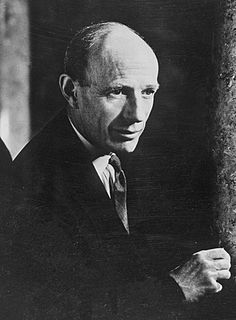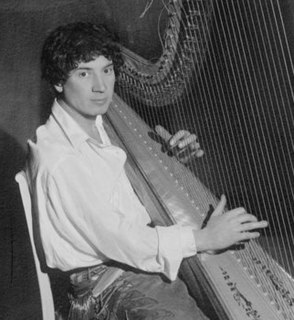A Quote by Benito Mussolini
I have been a racist since 1921. I don't know how they can think I'm imitating Hitler.
Related Quotes
You're talking to a modern, nice, affable German person and they're saying to you something like 'You know, vell, it's a critical time now for Germany within Europe, also globally, economically ve are pretty good, ve have been better. But ve are very vibrant in the theater and arts...' and all the time you'll be listening to this, you're thinking Mmm, yeah, mmm... Hitler, Hitler, Hitler, Hitler, Hitler.
The second type you have at these parades seems to be the people who want to mislabel Hitler. Everybody in the world is Hitler. Bush is Hitler, Ashcroft is Hitler, Rumsfeld is Hitler. The only guy who isn't Hitler is the foreign guy with a mustache dropping people who disagree with him into the wood chipper. He's not Hitler.
Not since the days of the Hitler Youth have young people been subjected to more propaganda on more politically correct issues. At one time, educators boasted that their role was not to teach students what to think but how to think. Today, their role is far too often to teach students what to think on everything from immigration to global warming to the new sacred trinity of 'race, class and gender.'
I saw the most frightening, most depressing sight I had ever seen - a row of stores with Stars of David and the word 'Jude' painted on them, and inside, behind half-empty counters, people in a daze, cringing like they didn't know what hit them and didn't know where the next blow would come from. Hitler had been in power only six months, and his boycott was already in full effect. I hadn't been so wholly conscious of being a Jew since my bar mitzvahs, and it was the first time since I'd had the measles that I was too sick to eat.
































